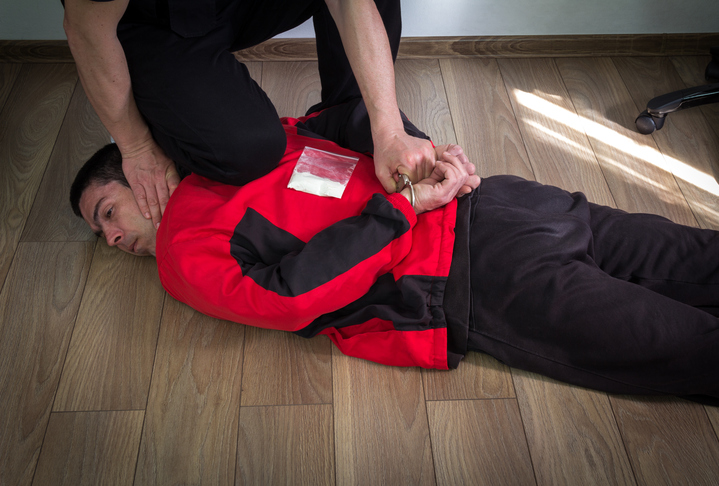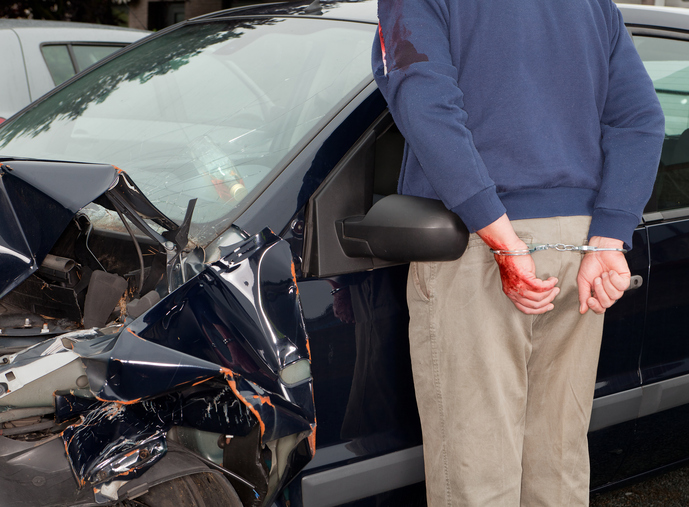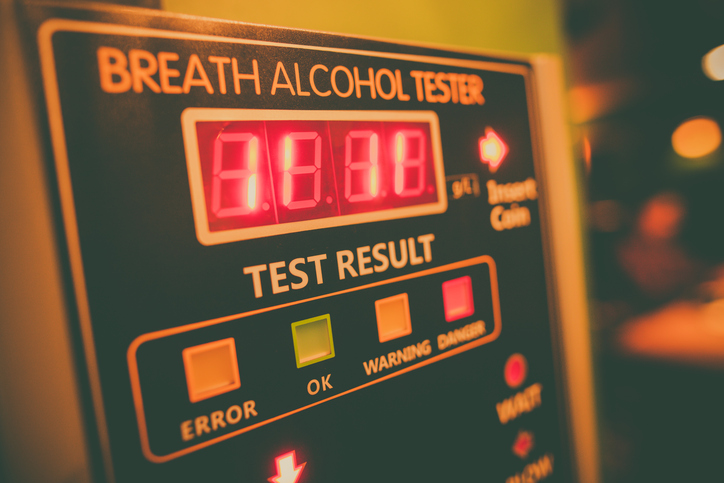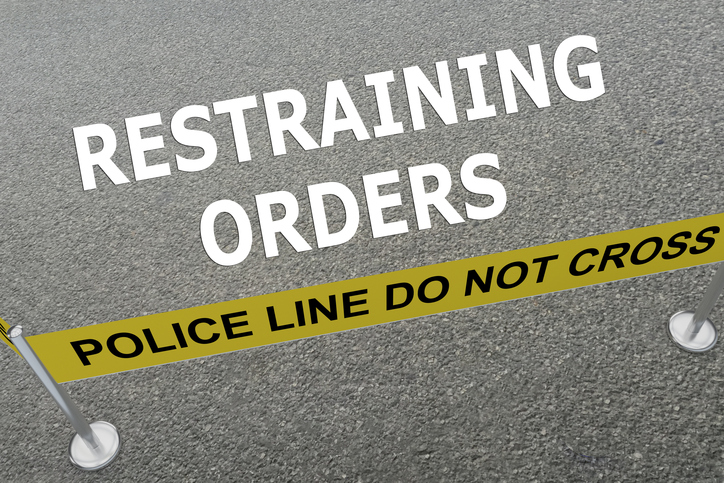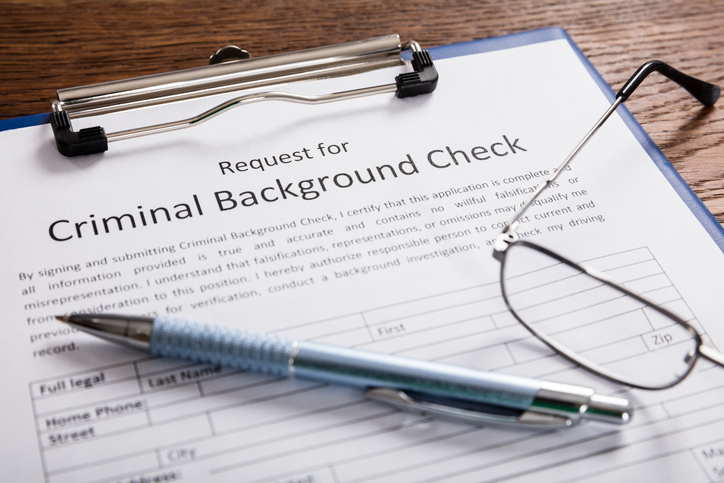Law Office of Richard Landes
Are you facing criminal charges?
Are you under investigation for criminal activity?
Things may not seem clear to you, and the stress of the situation might seem overwhelming.
This is why you need a highly experienced criminal defense attorney.
At Landes & Julien, we have a reputation for and pride ourselves on:
- Moving quickly
- Focusing on the case
- Working every angle
- Always having my mobile phone on and being available for clients' calls
- Offering an affordable price point with the experience of a boutique criminal defense law firm
Who will you turn to when your liberty is at stake?
As a Jacksonville criminal defense attorney, I stand ready to help you fight for justice and protect your rights. Speak to me directly, now, by calling 904-343-4556. If I am not in court, you will get me on the phone.
Duval County Criminal Lawyers — Available, Experienced and Effective
I have practiced law in Florida since 1995, but my experience runs much deeper, with four years as a prosecuting Assistant District Attorney in New York City and 20-plus years as an active trial attorney focused on high-stakes federal crimes, state court crimes and other charges with the potential for lengthy prison sentences and other life-changing consequences.
My constant goal is helping the people I represent avoid criminal convictions or otherwise prevent irreparable damage to their lives, families and futures. Two of my favorite words in the English language are "not guilty," and I prepare every case for trial while always standing ready to negotiate from a position of strength.
Facing drug charges or under investigation for a crime? If you are ready to bring some clarity to a scary situation, call me today at 904-343-4556 to explore your defense options.






